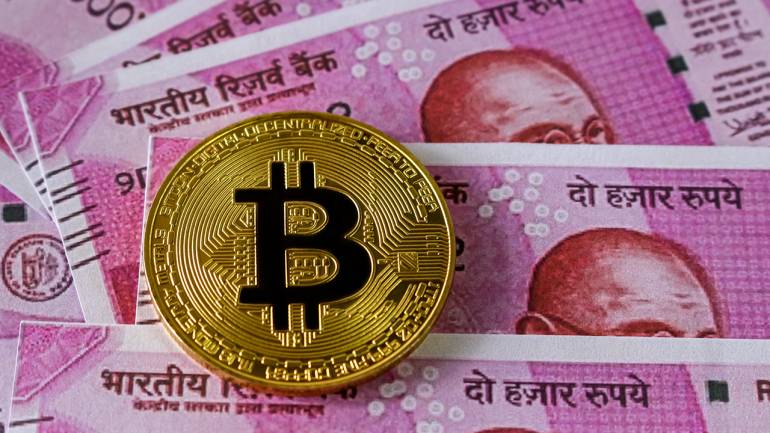
Over time it is expected that crypto traders will have moved to Peer to Peer (P2P) exchanges, trading platforms like Localbitcoins and National Multi Crypto Currency Exchange (NMCCX) which facilitates trading in cryptocurrency.
On April 5, 2018 the Reserve Bank of India (RBI) barred banks and financial institutions from dealing with virtual currencies. Three months of notice was given banks to stop dealing with institutions and individuals trading in bitcoins and other cryptocurrencies.
Trading in cryptocurrency was never considered as a reliable source of investing by RBI, but the latest guidelines have now brought a complete restriction on all the banking services that were earlier backing the crypto exchanges. Rachit Chawla, CEO of Finway Capital said, “The volumes of cryptocurrency trading primarily of bitcoins have slumped down post July 6 (an effective date of this regulation from RBI) to a great extent and won’t be revived any sooner.”
Ashish Singhal, Co-Founder & CEO of an exchange aggregator platform CoinSwitch.Co added, “Execution of RBI guidelines are one of the major factors that led short-term investors to liquidate their cryptocurrencies before 6th July, while the long-term investors are still holding on their virtual currencies.”
Alternatives available to trade and invest in cryptocurrency
umar Gaurav, Founder and CEO of Cashaa believes, over time it is expected that crypto traders will have moved to Peer to Peer (P2P) exchanges, trading platforms like Localbitcoins and National Multi Crypto Currency Exchange (NMCCX) which facilitates trading in cryptocurrency.
If you want to trade in crypto you can approach P2P exchanges as they provide facility to buy and sell in all types of crypto currencies. Nischal Shetty, Founder and CEO of WazirX said, “With the RBI ban on banks dealing with crypto exchanges, one of the biggest fear people have is, how will they convert their crypto to INR and vice versa.” To service such customers Wazirx, Koinex, etc has recently launched P2P trading platform as they are not abide by RBI directive at present. These platforms allow any individual to enter and exit crypto when they want.
Indian users can even access an exchange aggregator platform and continue to trade freely in cryptocurrency. Singhal explained, “An aggregator platform, typically partners with global exchanges and provides users with a singular access to the same. And since the exchanges made available at an aggregator platform are located outside of India, trading on such platforms are not affected by our country laws.”
Risks and drawbacks of trading in cryptos on P2P platform
P2P model is one of the commercially viable options for Indians to continue engaging in cryptos, following the RBI regulations. However, even this alternative is not completely immune or faultless. Singhal explained, “For instance, even if a seller receives direct funds from the buyer in their bank accounts, they still would have to justify or explain these funds during audits or tax returns. Since engaging in cryptocurrency has been discouraged, the same could lead to complexities. Furthermore, even in the P2P mode liquidity would be less and wouldn’t go as smoothly as before.” Also, there are probabilities RBI and ruling government discourage this alternate options of trading in virtual currencies which are threat to the country and considered barred.
Chawla added, “The absence of information about the dealing parties even in the P2P anonymous systems could subject the users to unintentional money laundering. This trade options only position you in the market and doesn’t guarantee the completion of trade at a given time schedule.”
“Lastly, there is a risk of leakage of information during the transaction as there is an involvement of a third party that facilitates the deal between the buyers and sellers,” said Gaurav.
Outlook of trading and investing in cryptos
Now, as no legal status is granted to cryptos in India, there are not any set of rules and guidelines available to the judiciary for resolving disputes related to investments in cryptocurrencies. Chawla said, “In case of any fraud/dispute, an investor can’t seek the legal help and has to bear the brunt of losses solely. So, beyond risks, investment in cryptocurrency is a sheer gamble and people should understand that the repercussions of any scam will be unmanageable. It is better to stop trading in cryptocurrency as soon as possible, otherwise losing all of the money is too easy for you.”


0 Comments